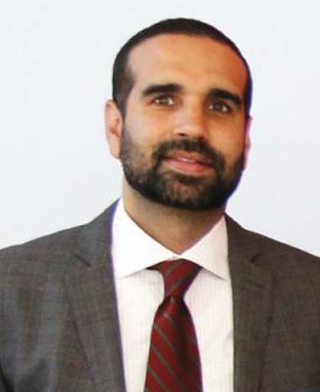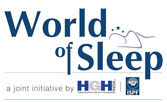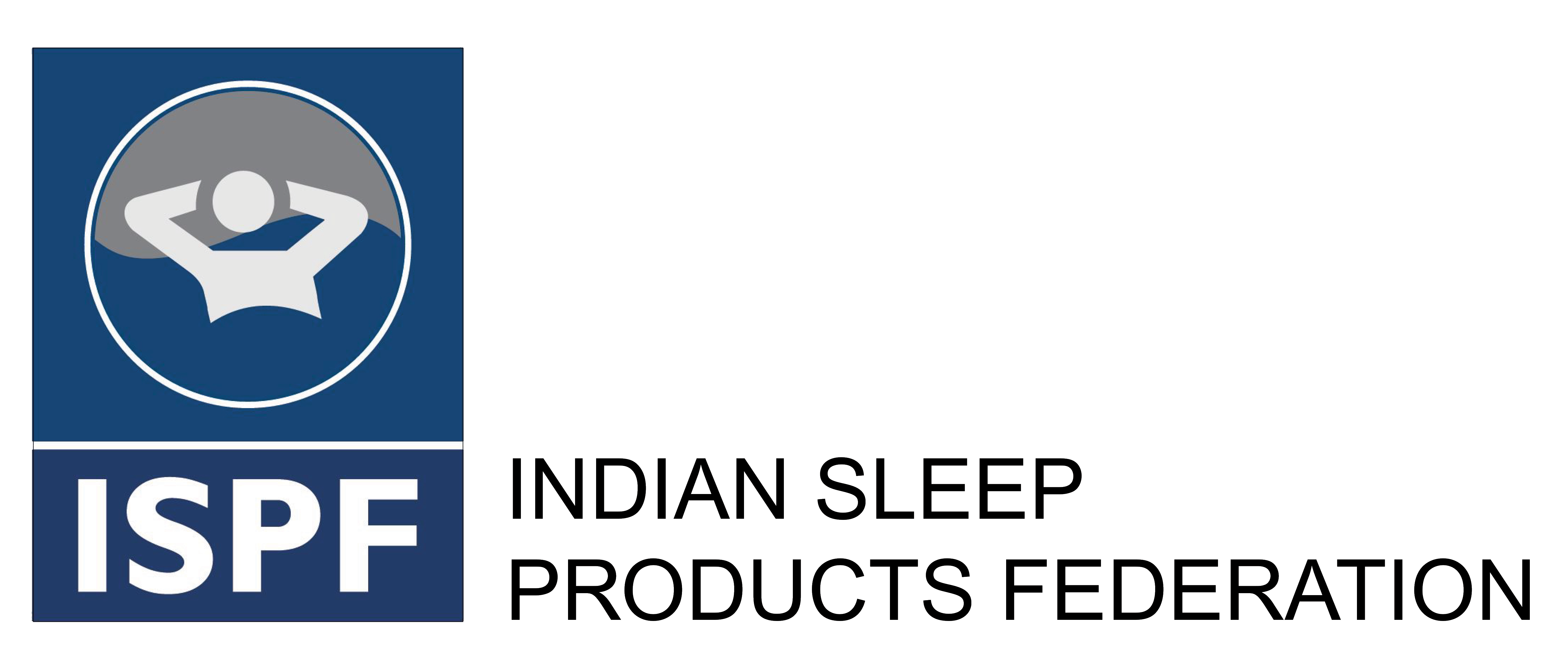
Mr. Tushaar Gautam, CEO – Indian Businesses, Sheela Foam Ltd.
Mr. Tushaar Gautam next-gen leader from Sheela Foam, speaks about current priorities for the Indian mattress industry
Q What are the top 3 priority areas that the industry should work on immediately?
Gone are the days of oblivious consumerism-based attitudes. Today it’s cool to talk about health and wellbeing, the importance of sleep and the critical impact sleep products like mattresses have on the same. Consumers are becoming increasingly receptive to useful information. Hence we must pay special attention to the marketing communication style and revamp it to make our customers well-informed, thus helping them choose the right products.
Good service! Never lost its charm, never will. Then again it has to be consistently good and accessible through all the stages, from genuine assistance in choosing the right products and delivery, to post-purchase periodic maintenance and D2C model support.
E-revolution is here to change everything. To adapt and respond innovatively is the need of the hour for the industry. We ought to offer an immaculate online and offline buying experience by using the omnichannel. An omnichannel strategy that is coherent with the brand’s and retailers’ goals could be a true game changer.
Q If there is one thing that we need to preserve from our legacy – from the first-gen leaders and pioneers of the industry- what should that be?
Our forefathers have strived hard to streamline business practices that are not only ethical inside the immediate industry but also to the larger realm of consumers and the general public. We must preserve that at all costs. Then there’s always been sustained enthusiasm regarding healthy competition and good relationships inside the industry. Even during the trying times of the pandemic, these qualities prevailed.
Lastly, “adapting to the future” has been an evergreen trend in the mattress industry. Even today, paving the way for the next generation of consumers by crafting innovative products through technology and sensitivity is pivotal.
Q Are we ready for understanding the complexity and demands of the next-gen customer?
Yes. Surprisingly, it is the other way around. The pandemic accelerated the changes that were already brewing below the surface. Covid-19 disrupted economies and societies on both, micro and macro levels, transforming people’s lifestyle and subsequent purchasing behaviour to a great extent. Now, consumers make more thorough inquiries pre-purchase and also go over and above to explore their options, thanks to the all-reigning internet.
An elevated degree of self-awareness about needs and habits also seems to be evident, and so is the shift in attitude from “casual buying” to “experiential buying”. While the mattress industry had already invested heavily to set product advantage and innovation standards, it is only now that an increasing number of consumers are readily assimilating these advancements.
Q Does India have what it takes – in backward integration, supply chain strengths, indigenous self-sufficiency, aspirational bravery – to be on the global map?
In any industry, it is the market that proves as the central motivational force. All the recent reports and trends point towards a promising sleep product market taking shape in India. Besides, the obstacles faced during the early stages of the pandemic made the industry look inward for solutions and serve as evidence that if we collectively strive, we can attain some level of self-sufficiency and supply chain strengths. Yet it’ll take much cooperation and investment on the part of all stakeholders.
Q What will last, and what will fade – after the pandemic subsides – in terms of customer behaviour and digital disruption?
The focus on health and related products is bound to last. What would fade is the severe digitalization-led disruption. The lines seem to blur rampantly between work, life and socialisation owing to excessive dependence on digital tools. While much of it will continue in the post-pandemic era, push for a better balance between the evolving health crisis and digitalization as its dominating factor is apparent.
Q How much technology is too much technology for this industry?
You see the usability of the product technology for the consumer has to be higher. Secondly, the enriched product experience due to the new technology has to be sensed immediately. Naturally, the credibility and adoption will go up. In the case of mattresses, it can be felt within 2-3 days maximum.
The success of any product lies in the sheer experience it offers either in its post-usage effect or convenience. So in the case of mattresses, the enhanced physical comfort and sleep quality experienced have to be evident and long-lasting, only then can the involved technology be appreciated. For example, it is the skin that experiences a good soap. Therefore, the experience itself speaks for the technology and product and is all the proof one needs.
Q What is your advice to a next-gen leader or emerging innovator – what problems should they solve?
Simply zero in on the consumers’ experience. Also, pay attention to the convenience aspect. The consumer should be able to easily locate and access the product from wherever and whenever. Not to state the importance of making presence evident in both offline and online realms. Lastly, developing sustainable products and practices should also be a priority.
Q How will the industry be different from what it is today – in the next ten years?
There lie endless possibilities in this fast-paced, technology-backed environment. Artificial Intelligence, Beta, IoT, Facial recognition, etc will be driving the next generation of sleep products. The mood is also very receptive amongst the consumers and if we start introducing these now, the next-gen seems more than ready to adopt them.

